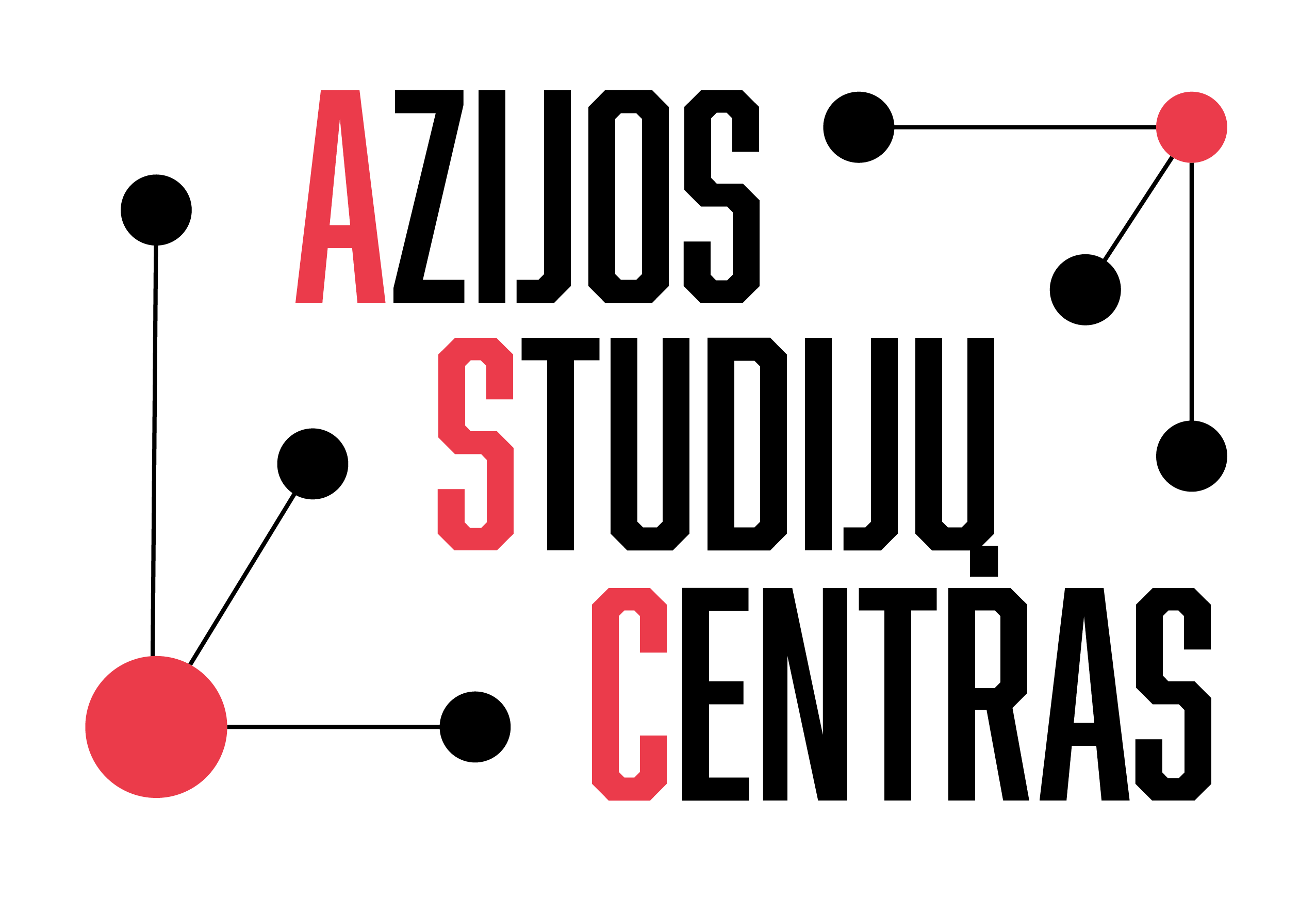 International Journal of Area Studies (IJAS) 是一本供大眾閱讀的國際期刊, 以英文撰寫,主力研究各個地區,刊登的文章會以人文或社會科學角度出發,其中包括歷史、宗教、哲學、政治及社會進程。IJAS 每年出版兩次,分別於三月和十月推出,每年出版的期刊只會探討一個特定區域,地域覆蓋範圍十分廣泛,如中東、南亞、東亞、撒哈拉以南非洲地區以及北歐,除外,期刊亦涵蓋跨區議題。
International Journal of Area Studies (IJAS) 是一本供大眾閱讀的國際期刊, 以英文撰寫,主力研究各個地區,刊登的文章會以人文或社會科學角度出發,其中包括歷史、宗教、哲學、政治及社會進程。IJAS 每年出版兩次,分別於三月和十月推出,每年出版的期刊只會探討一個特定區域,地域覆蓋範圍十分廣泛,如中東、南亞、東亞、撒哈拉以南非洲地區以及北歐,除外,期刊亦涵蓋跨區議題。
創立IJAS的原因
西歐和北美初期理解區域研究為探究歐洲或西歐以外地區的社會及文化,很多大學都有設立相關課程,研究機構亦擁有大量的研究員對這方面進行研究,同時,當地有專門的學術刊物,每年都會出版為數不少的書籍探討這個主題。
以前,於社會主義盛行的歐洲地區研習歐洲以外的社會和文化並不普遍,相關機構寥寥可數,供公開研究結果的途徑也是少之又少,即使如此,進行研究的學者卻日益增加,研究質量亦隨之上升,並達到國際水平,所得成果很值得對外公開,與其他學者分享,有見及此,IJAS誕生,透過刊登相關資訊,期望提高世界各地對區域研究的關注,尤其是中歐和東歐。
此期刊原意成為研究北歐、中歐和東歐學者的發表平台,但亦十分歡迎來自全球各國的各位投稿,有意發表文章的年輕研究員也無限歡迎,畢業生與研究生皆可。除原創研究外,IJAS也會採納作深入分析的評論,提供同儕互評互賞的機會。
IJAS資料
eISSN: 2345-0223
ISSN: 2029–2074
出版: De Gruyter Open Sp. z o.o.;
電子版: http://www.degruyter.com/view/j/ijas;
2006年創立,當初命名為“Regioninės studijos”,後來於2013年更名並擴闊涵蓋範圍
出版語言: 英文(部分議題可能以其他語言出版)
出版頻率: 每年兩次,但可能額外發表特別專題
出版方式: 網上電子書
索引: CEEOL
編輯團隊
Aurelijus Zykas (主編), 维陶塔斯大學, 立陶宛
-
- Frank Kraushaar, 拉脫維亞大學, 拉脫維亞 (中文研究);
- Lauri Paltemaa, 圖爾庫大學, 芬蘭(中文研究);
- Takashi Kitamura, 大阪國立大學, 日本 (日本研究);
- SangGum Li, 釜山國立大學, 南韓 (韓國研究);
- Egdūnas Račius , 立陶宛 (中東研究);
- Göran Larsson, 哥德堡大學, 瑞典 (中東研究);
- Niels Valdemar Vinding, 哥本哈根大學, 丹麥 (中東研究);
- Katarzyna Górak-Sosnowska, 華沙經濟學院 (中東研究);
- Mindaugas Jurkynas, 维陶塔斯大學, 立陶宛 (北歐研究);
- Kjetil Duvold, 波羅的海和東歐研究中心/ 索德脫恩大學, 瑞典 (北歐研究);
- K. B. Usha, 賈瓦哈拉爾·尼赫魯大學, 印度 (北歐研究);
- Šarūnas Paunksnis, 维陶塔斯大學, 立陶宛 (南亞研究);
- Raj Sekhar Basu, 加爾各答大學, 印度 (南亞研究);
- Jurga Jonutytė,维陶塔斯大學, 立陶宛 (撒哈拉以南非洲的研究);
- Boniface Nkem Anusiem, 文學院, 阿布賈大學, 尼日利亞 (撒哈拉以南非洲的研究).
Simona Vasilevskytė (出版協調員), 维陶塔斯大學, 立陶宛
諮詢團隊
- Sepp Linhart, 維也納大學, 奧地利
- Algis Mickūnas, 俄亥俄大學, 美國
投稿須知
聯絡我們
地址:
International Journal of Area Studies
Vytautas Magnus University, Faculty of Political Science and Diplomacy
Gedimino 44, LT-44240, Kaunas, Lithuania
電話、傳真: +370-37-206 709
電郵: ijas@pmdf.vdu.lt, ijas.academia@gmail.com
徵集論文
暫無徵集論文,最新資訊請參閱立陶宛文網頁。
過往出版(2006-2013)
第7期:日本流行文化在歐洲的代表性
第6期:日本在西方的發展
第5期:菠蘿的海:過往與現在的挑戰
第4期:歐洲與日本對日本的印象
第3期:歐洲眼中的現代日本
第2期:歐盟的語言、多樣化和融入:挑戰與機遇
第1期:波羅的海和東亞區域研究:新的跨國挑戰和東歐的經驗









